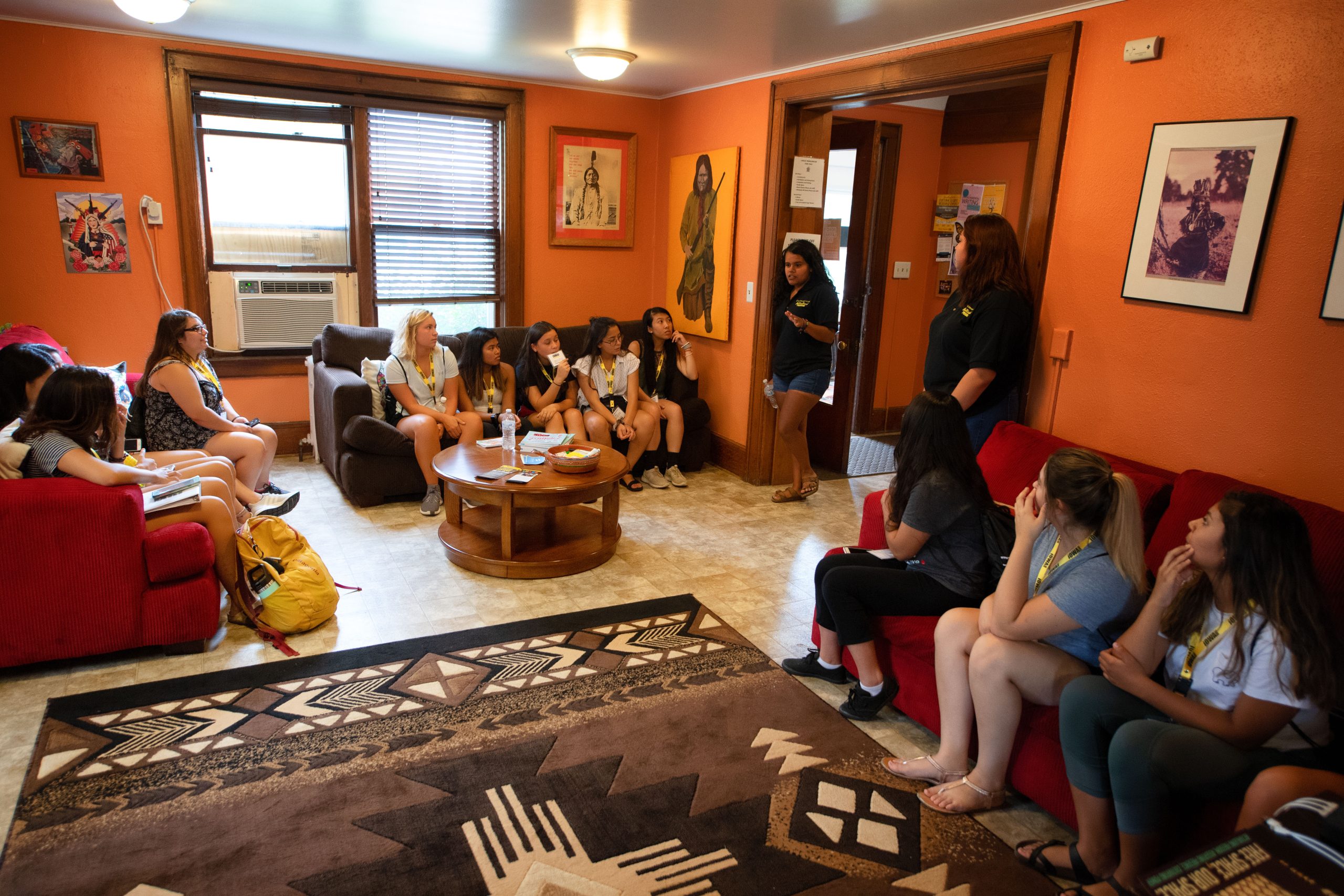Universal Design for Learning

The term Universal Design was coined by the architect Ronald Mace. It can be defined as the “design of products and environments to be usable by all people, to the greatest extent possible, without the need for adaptation or specialized design” (Connell et al., 1997, p. 2).
Universal design for learning (UDL) is a framework that helps instructors develop learning experiences that accommodate individual learning differences and are inclusive of diverse learners in the classroom. It aims to eliminate systemic barriers to learning and create and nurture a flexible learning environment that offers multiple means of representation, multiple means of action and expression, and multiple means of engagement (CAST, 2018).
The UDL framework is based on the cognitive neuroscience of learning (Rose, Meyer, et al., 2002; Rose, Rouhani, et al., 2013; Rose, 2016), and aims to develop learning experiences that accommodate individual learning differences and are inclusive of diverse learners in the classroom. UDL encourages instructors to be transparent with their students on the what, the how, and the why of learning: clearly articulating and explaining expectations for student performance, providing rationales regarding teaching choices, and making information more accessible.
To learn more about UDL, watch this short video UDL At A Glance developed by the Center for Applied Special Technology (CAST).
References
CAST. (2018). The universal design for learning guidelines (version 2.2) [graphic organizer].
Connell et al. (1997). The principles of universal design. NC State University.
Rose, D. H., Meyer, A., Strangman, N., & Rappolt, G. (2002). Teaching every student in the digital age: Universal design for learning. Association for Supervision and Curriculum Development.
Rose, L. T., Rouhani, P., & Fischer, K. W. (2013). The science of the individual. Mind, Brain, and Education, 7(3), 152–158. https://doi.org/10.1111/mbe.12021
Rose, T. (2016). The end of average: How we succeed in a world that values sameness. HarperCollins.
